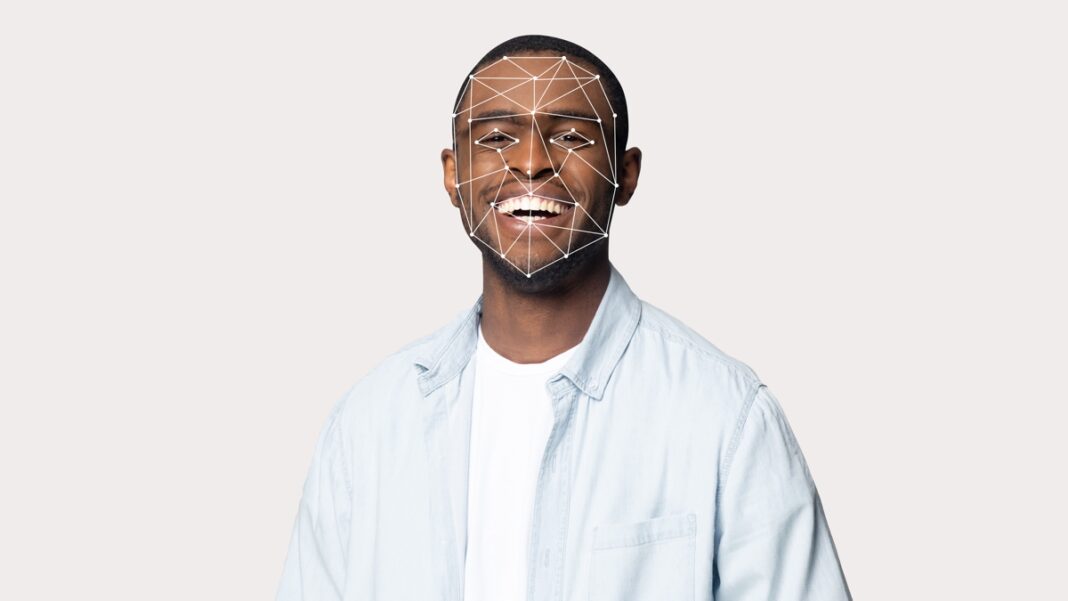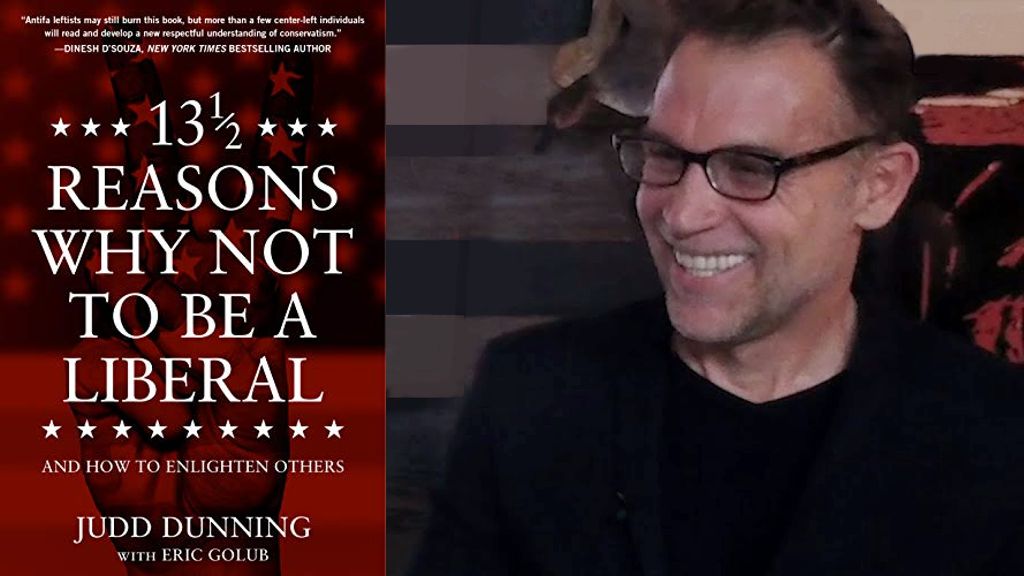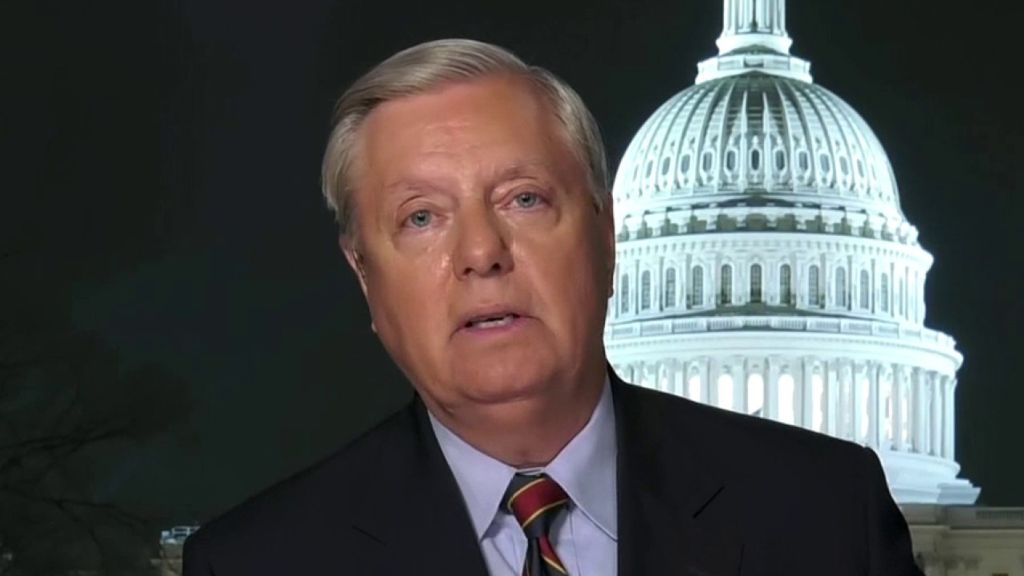As privacy + security concerns increase, artificial intelligence finds solutions.
— Story —
Engineering researchers at the University of Toronto, in Canada — used AI software programs to design a privacy filter for your photos that disables automatic facial recognition systems.
Each time you upload a photo or video to a social media platform, its automated, digital facial recognition systems learn a little more about you. These algorithms ingest data about who you are, your location, and people you know — and they’re constantly improving.
As concerns over privacy + data security on social networks grow, Univ. of Toronto engineering researchers — led by Parham Aarabi PhD and graduate student Avishek Bose — have created a computer software algorithm to dynamically disrupt facial recognition systems.
What is facial recognition?
A facial recognition system is a tech capable of identifying a human face — found in a digital photo, graphic image, or in a video frame — and then matching it against a data-base of stored faces. The most advanced tech can be used to authenticate people through ID verification services — it can pinpoint + measure detailed, distinct facial features in an image. The process of measuring human physical characteristics is called bio-metrics.
Face recognition is commonly used on smart-phones and in robotics. Its accuracy as a bio-metric tech is lower than iris recognition, vein pattern recognition, voiceprint + fingerprint recognition. But it’s widely used because it’s contact-less and non-invasive, especially for video surveillance and automatically indexing images.
— Paper —
platform: ResearchGate
paper title: Adversarial attacks on face detectors using neural net based constrained optimization
read | paper
Facial recognition gets better + better.
Parham Aarabi PhD said: “Personal privacy is a real issue as facial recognition becomes better + better. This is one way beneficial anti-facial-recognition systems can combat that ability.”
Their solution leverages a deep learning technique called adversarial training, which pits 2 AI algorithms against each other. In computing, deep learning is a math technique that uses complex sets of data — trained to find solutions to problems — to process information. Inspired by the biology of human thinking, deep learning helps computers quickly recognize and process images + speech. Like all techniques in the computer software field of AI — deep learning is good at recognizing hard-to-find patterns in big data-sets.
Computer systems called neural networks run AI software that can achieve astounding human-level abilities of pattern recognition. With their deep learning algorithms, they can process in seconds what takes human analysts weeks, months, or years.
A neural network uses a series of deep learning algorithms to recognize underlying relationships in a set of data through a process that mimics human reasoning. The researchers harnessed the power of neural networks to engineer a system that could block automated facial recognition.
By Ray Kurzweil








